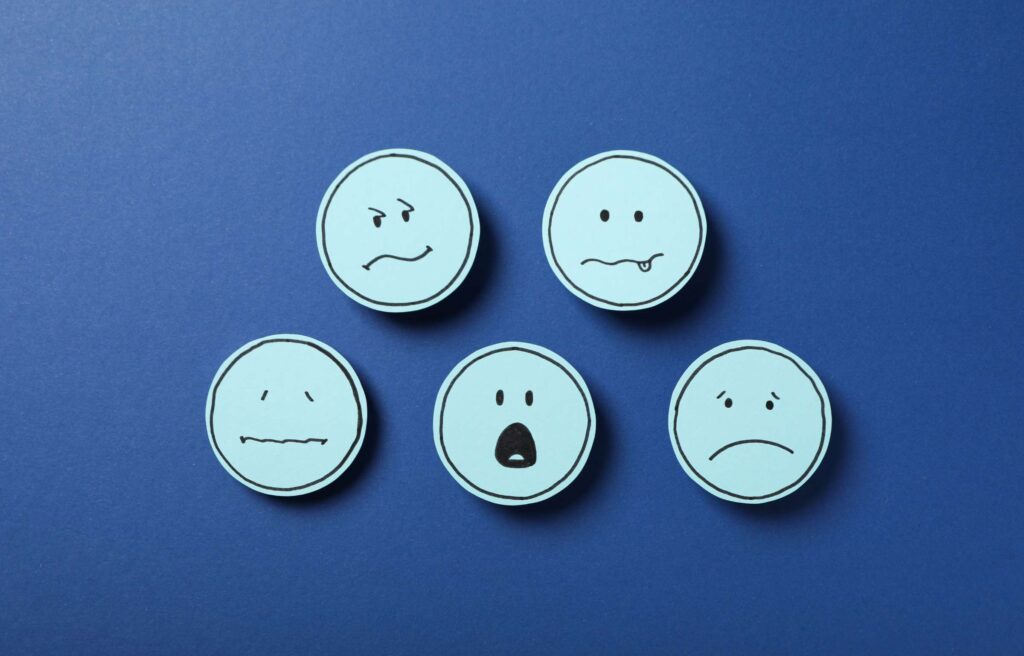
As a licensed mental health professional, I often see how struggles with communication affect nearly every area of a person’s life — from relationships and work to self-esteem and emotional well-being. The good news? Communication is a skill, not a fixed trait. With practice and guidance, anyone can improve it — and doing so can bring real, lasting benefits to your mental health.
Whether you’re navigating conflict, trying to express your feelings, or simply wanting to connect more deeply with others, here are practical tips to help improve your communication — and some insight into why it matters.
1. Start With Self-Awareness

Effective communication begins with understanding yourself. Are you someone who avoids conflict? Do you tend to interrupt when you’re excited or anxious? Do you shut down when emotions get high?
Take time to reflect on your default communication style. You might even ask trusted friends or family members for feedback. In therapy, we often explore communication patterns learned in childhood or shaped by past trauma. Identifying these habits is the first step toward changing them.
2. Practice Active Listening

3. Use “I” Statements

Instead of saying, “You never listen to me,” try, “I feel unheard when I’m interrupted.” “I” statements reduce defensiveness and help you express emotions clearly without blaming others. They’re especially useful during conflicts, allowing for a calmer, more productive exchange.
4. Manage Your Emotions

Communication often breaks down when emotions run high. It’s okay to feel angry, frustrated, or sad — but how we express those emotions matters. If you notice yourself getting overwhelmed, it’s okay to take a pause. Deep breathing, grounding techniques, or simply stepping away from the conversation for a few minutes can make all the difference.
5. Be Clear and Assertive (Not Aggressive)

Assertive communication means expressing your needs respectfully and directly, while also considering the needs of others. It’s different from being passive (not speaking up) or aggressive (speaking in a way that disrespects others).
An assertive approach builds confidence and reduces resentment. You can learn to say things like, “I’m not comfortable with that,” or “Can we talk about this another time when we’re both calmer?” This builds healthier boundaries and stronger interpersonal connections.
Why It Matters: Mental Health Benefits
Improving your communication skills isn’t just about being a better speaker — it can transform your mental health:
- Lower stress and anxiety: Miscommunication often leads to tension. Clear communication can prevent or quickly resolve conflict.
- Better relationships: When you express yourself clearly and listen well, relationships feel safer, deeper, and more satisfying.
- Increased confidence and self-worth: Being able to express your needs and advocate for yourself boosts your self-esteem.
- Improved emotional regulation: As you become more aware of your thoughts and feelings, you’ll be better able to manage them effectively.
Working With a Therapist Can Help
A licensed mental health professional can provide personalized guidance, help you unpack past experiences that impact your communication, and offer tools you can apply in real-life situations..
Improving communication is a journey, not a quick fix. But each step you take brings more connection, clarity, and peace into your life — and that’s worth the effort






